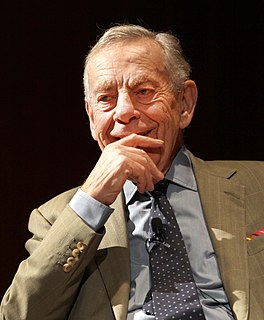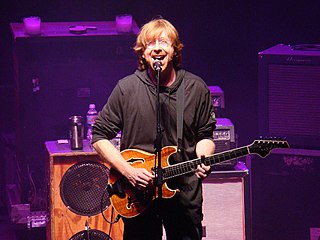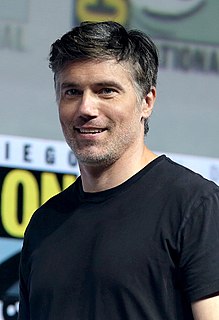A Quote by Noam Chomsky
The real invasion of South Vietnam which was directed largely against the rural society began directly in 1962 after many years of working through mercenaries and client groups. And that fact simply does not exist in official American history. There is no such event in American history as the attack on South Vietnam. That's gone. Of course, It is a part of real history. But it's not a part of official history.
Related Quotes
Most of us who were opposed to the war, especially in the early '60's - the war we were opposed to was the war on South Vietnam which destroyed South Vietnam's rural society. The South was devastated. But now anyone who opposed this atrocity is regarded as having defended North Vietnam. And that's part of the effort to present the war as if it were a war between South Vietnam and North Vietnam with the United States helping the South. Of course it's fabrication. But it's "official truth" now.
Every book that comes out, every article that comes out, talks about how - while it may have been a "mistake" or an "unwise effort" - the United States was defending South Vietnam from North Vietnamese aggression. And they portray those who opposed the war as apologists for North Vietnam. That's standard to say. The purpose is obvious: to obscure the fact that the United States did attack South Vietnam and the major war was fought against South Vietnam.
At the beginning of his administration, Reagan tried set the basis for American military intervention in El Salvador - which is about what Kennedy did when he came into office in regard to Vietnam. Well, when Kennedy tried it in Vietnam, it just worked like a dream. Virtually nobody opposed American bombing of South Vietnam in 1962. It was not an issue. But when Reagan began to talk of involving American forces in El Salvador there was a huge popular uproar. And he had to choose a much more indirect way of supporting the collection of gangsters in power there. He had to back off.
The U.S. directed the war against South Vietnam. There was a political settlement in 1954. But in the late '50's the United States organized an internal repression in South Vietnam, not using its troops, but using the local apparatus it was constructing. This was a very significant and very effective campaign of violence and terrorism against the Vietminh - which was the communist-led nationalist force that fought the French. And the Vietminh at that time was adhering to the Geneva Accords, hoping that the political settlement would work out in South Vietnam.

































